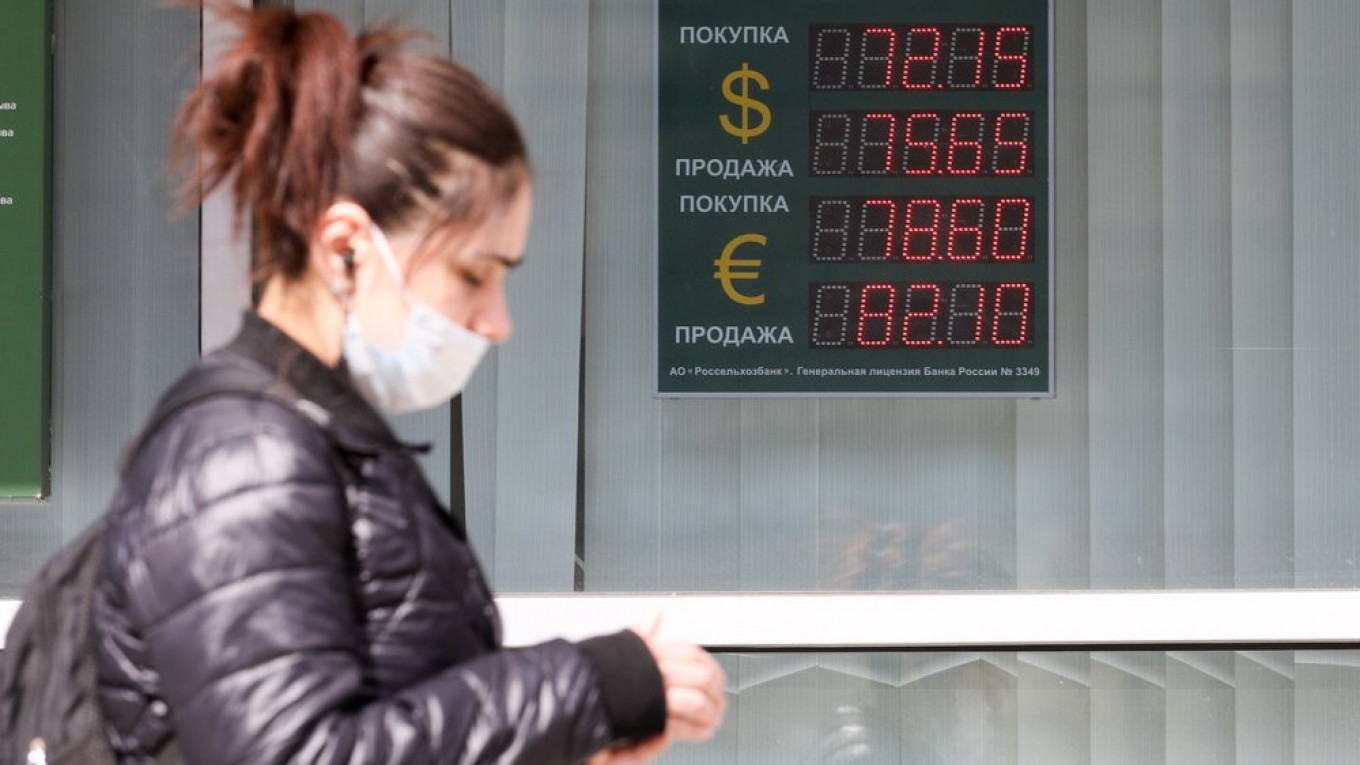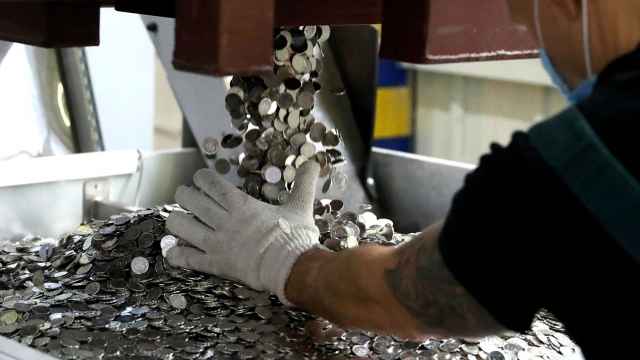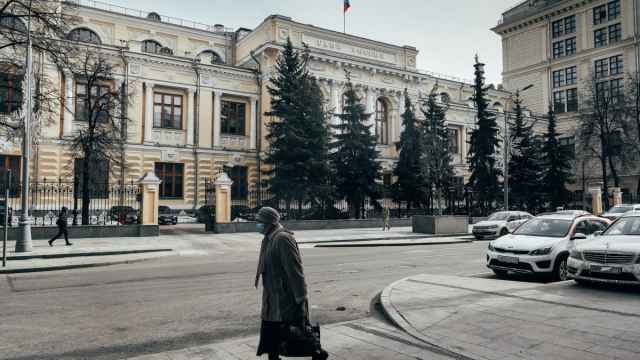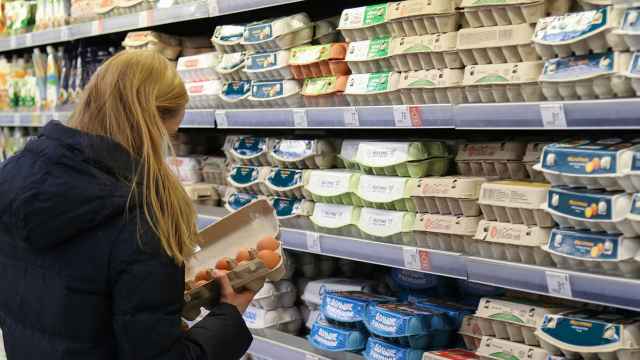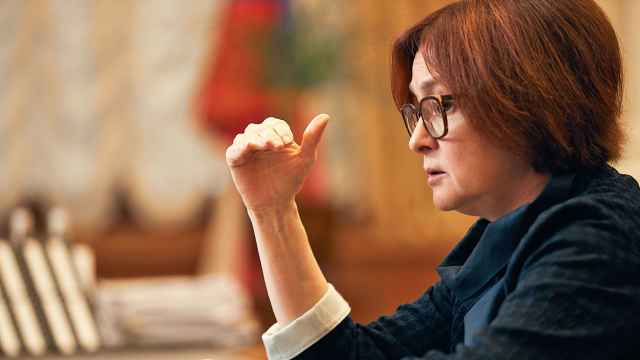Russia’s Central Bank has slashed interest rates to their lowest-ever level in a bid to support the economy as it emerges from the coronavirus pandemic.
In a move widely expected by financial markets, the Central Bank cut a full percentage point off Russia’s key rate to bring it down to 4.5%.
Amid the biggest shock to the economy in a generation, inflation has fallen to 3.1%, the Bank estimated — below its official 4% target — and is expected to stay low for at least the rest of the year, as the economic recovery will continue into 2022.
A global slump in demand during months of lockdown measures triggered by the coronavirus epidemic led to "more profound than expected" disinflationary factors, the Bank said in a statement.
The Bank added that it would take interest rates even lower if growth does not accelerate faster than its current expectations. Governor Elvira Nabiullina has previously said the Russian economy is likely to contract by 4-6% in 2020. Some other independent forecasts predict a fall in GDP of up to 8%.
Maxim Petrovich, senior economist at Otkritie Bank, said rates could fall to 4% before the end of the year, highlighting how stability on the financial markets and in the value of the ruble have given the Bank’s policymakers more flexibility to move interest rates down to support the economy, rather than fight sharp devaluation and currency volatility as in 2014.
"This is quite a change relative to previous 5 years of quite conservative monetary policy," said Renaissance Capital's chief economist Sofya Donets.
"So it could clearly affect both borrowing and savings in the economy," she told AFP, adding she expects a return to a more neutral policy next year.
"The rate of 5% or below would indeed be the lowest over this century," said Dmitry Polevoy, chief economist at the Russian Direct Investment Fund.
"With downside risks to inflation outlook, strong ruble and recessionary economic environment there is clearly room to enter this uncharted territory of lower policy rate to fuel the just-started economic recovery," he told AFP.
The ruble was largely unmoved on the news, trading at 69.5 against the U.S. dollar.
AFP contributed reporting to this article.
A Message from The Moscow Times:
Dear readers,
We are facing unprecedented challenges. Russia's Prosecutor General's Office has designated The Moscow Times as an "undesirable" organization, criminalizing our work and putting our staff at risk of prosecution. This follows our earlier unjust labeling as a "foreign agent."
These actions are direct attempts to silence independent journalism in Russia. The authorities claim our work "discredits the decisions of the Russian leadership." We see things differently: we strive to provide accurate, unbiased reporting on Russia.
We, the journalists of The Moscow Times, refuse to be silenced. But to continue our work, we need your help.
Your support, no matter how small, makes a world of difference. If you can, please support us monthly starting from just $2. It's quick to set up, and every contribution makes a significant impact.
By supporting The Moscow Times, you're defending open, independent journalism in the face of repression. Thank you for standing with us.
Remind me later.


